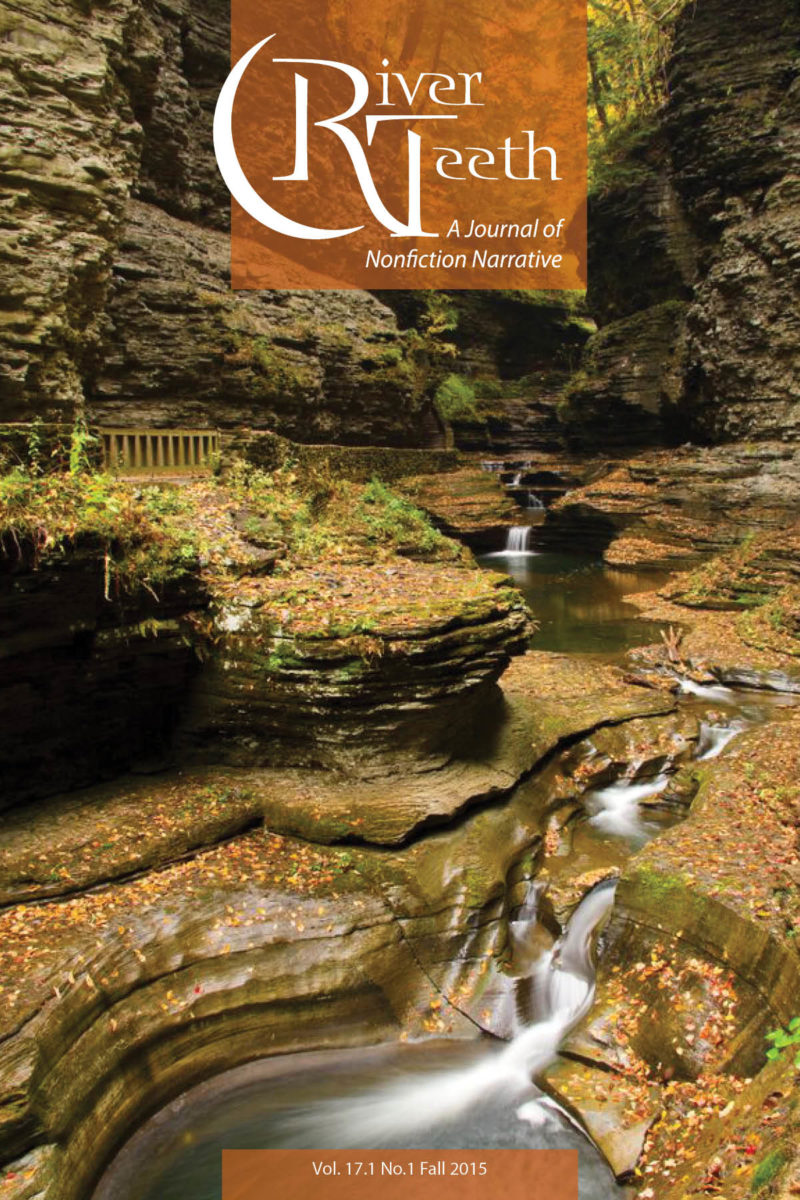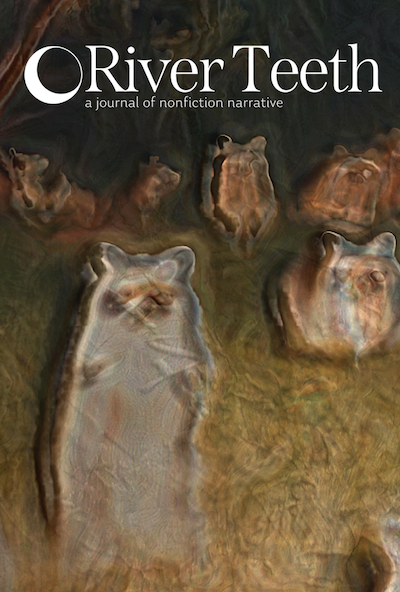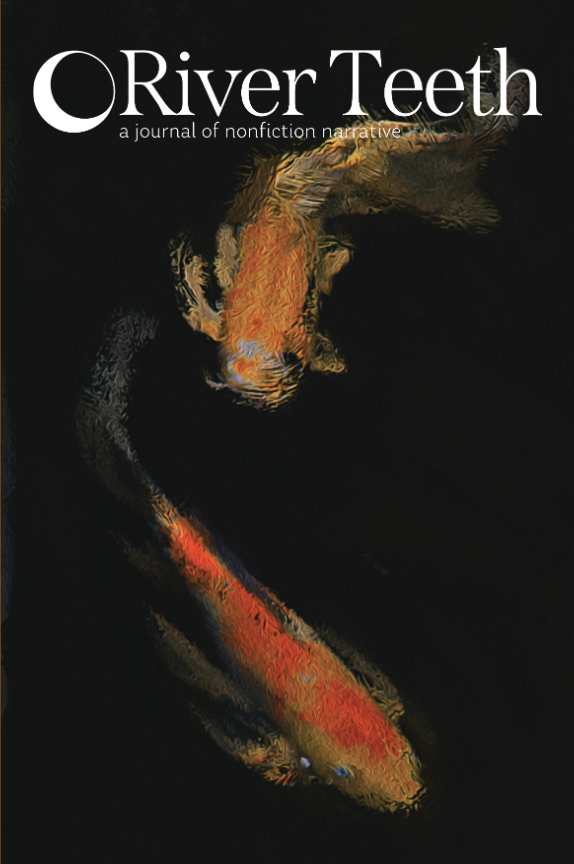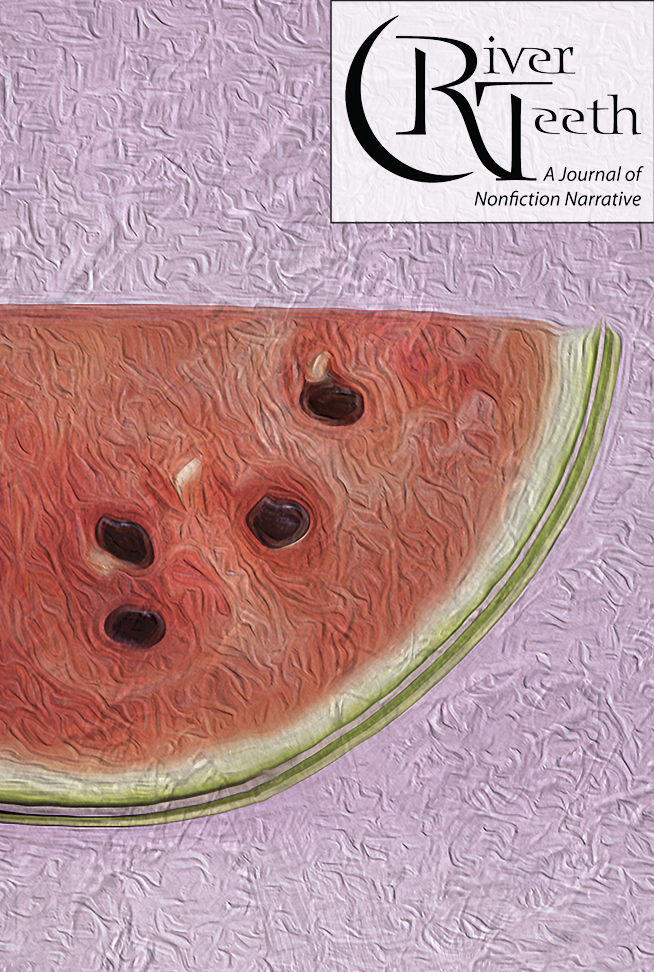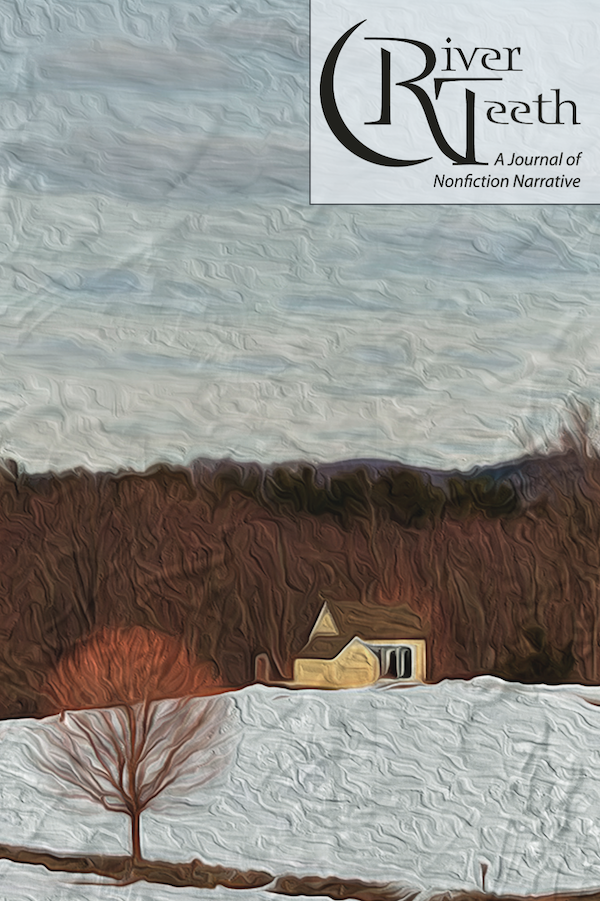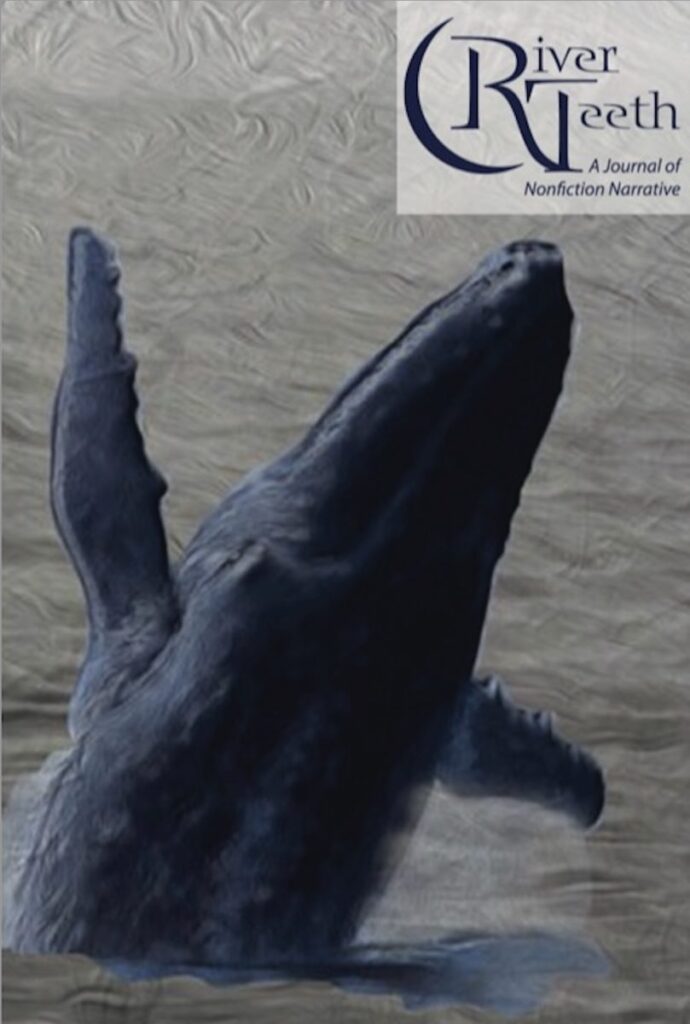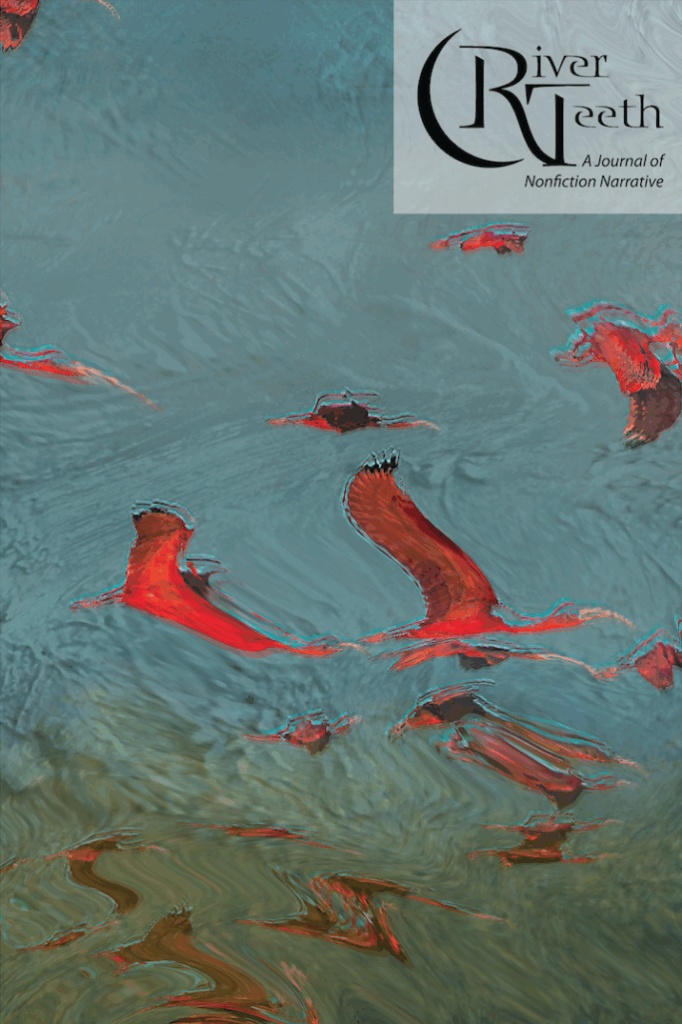By Joe Mackall
One day last spring my co-editor, Dan Lehman, and I were emailing back and forth—with me in Ohio and Dan in Taiwan—discussing River Teeth and a writer we were excited to be publishing in this issue. And then Dan said something that knocked me flat: “He reminds me of the late Charles Bowden.” I had not known about Chuck’s death until that second, and I still don’t know how I could have missed the news. Chuck Bowden died on August 30, 2014, at the age of sixty-nine. Too damn young. Too damn soon.
I’d only known Chuck Bowden through his incredibly gritty and true and authentic and bad-to-the-bone work. Nobody wrote like Chuck Bowden. Nobody. I came to Bowden’s work late. I remember reading his Best American essay “Torch Song.” I read it at least a couple of times a year and use it in every essay class I teach. I know I’ve never read a piece in which the writer so deeply implicates himself in violence and sex the way Bowden does in that essay. But that was Chuck Bowden. He wrote the truth. No matter what.
Not long after I read “Torch Song,” I devoured all of Chuck’s work. And then, of course, I wanted something of his for River Teeth. I also knew we could never afford to pay him. I took a chance anyway. I called Chuck one weekday afternoon. We talked for twenty minutes. I talked very little after I gushed over his work and explained my goal. “Well,” he said after we’d chatted for a while, “I have a big damn thing I’m working on, but I’ll cut it up like a fucking Christmas goose and send you something.” We published his “Coming to My Senses” in our spring 2001 issue (Volume 2, Number 2). Here’s how it begins:
“She says nothing now. I want to eat the dirt and lick the rock. Or leave the shade for the sun and feel the burning. I know I don’t belong here. But this
is the only place I belong. There are too many of us on the hot dirt and that fact cannot be altered . . . . We were warned and we ignored the warnings. I certainly did . . . I thought, something will turn up and fix everything. This was an act of faith and I am made out of acts of faith. So I have come to this place because it eats acts of faith and then rots them and slowly takes them back into the ground.”
In an interview with Scott Carrier for Mother Jones, Bowden spoke of writing in the same breath as he spoke of the natural world that nourished and nurtured him: “I want to write something that matters. In order to do it you have to get rid of yourself. The lion on the hunt ceases to be the lion and becomes the deer.” He continued: “In the end all writing is about adding to life, not diminishing it. That’s what life is all about. There isn’t a plant out here that’s not trying to take all that chlorophyll and light and trying to add to life.”
Whether Chuck Bowden was writing about plants or water or violence or sex or the Juarez drug cartel, all of his work added to life. I only wish I would have known him better. I do know he knew me and, perhaps, all of us, all too well. As he writes in his book Mezcal, “I have spent my life in cities and am intoxicated by the fierceness of such places. And I have always felt something missing that led me back to empty, wild places. I have been told that this is a romantic flaw in my character and in the character of my countrymen. I disagree.”
The writer who reminded Dan of Chuck Bowden is Nathan Thornburgh, and the piece of his that appears in this issue is “The Root of All Things,” a title with sharp and clear echoes of the late, great Chuck Bowden.
On a brighter note, we’re delighted to announce that Leila Philip has joined River Teeth as a contributing editor and that our friend Andre Dubus III is the judge of this year’s River Teeth book contest.
Thanks for reading.
—JM
Read Contributors’ Notes for Issue 17.1 >

